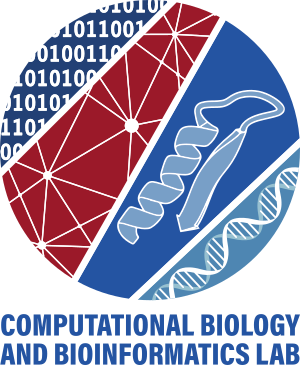In the same section
Our lab focuses on the development of bioinformatic tools and computational approaches that can be used both for investigating fundamental questions in biology and designing practical solutions particularly in biotechnology and medicine.
The methods used to build these tools are varied but mainly revolve around artificial intelligence, machine learning, data analysis, statistical physics, stochastic modelling and quantum chemistry.
Experimental data is of paramount importance for most of these methods and we have therefore established strong connections with experimental labs from both academia and the industry. Moreover, our lab is part of a network of collaborators within the ULB-VUB (IB)² Interuniversity Institute of Bioinformatics in Brussels.
The bulk of our work consists in developing a suite of tools that enables the prediction of the changes caused by mutations on the biophysics of proteins (stability, solubility, binding affinity, …) and DNA (ionisation potential). These tools can be applied to study fundamental questions such as the identification and modelling of the mechanisms of natural selection, as well as bringing solutions to the design and optimisation of enzymes used in biotechnological processes or the identification of deleterious variants in diseases like cancer and autism.
Furthermore, we are developing tools for the prediction of epitopes in antigens, which can be applied to vaccine and antibody design, and the understanding of the mechanisms behind certain cancers, auto-immune diseases and allergies.
Finally, we are also working on the stochastic modelling of complex biological systems in order to gain insight on the properties that arise from the noisy interactions in complex systems like genetic circuits or cooperatively binding oligomers. This approach seeks to extend our fundamental understanding of biology as well as establishing design principles for application in synthetic biology.

